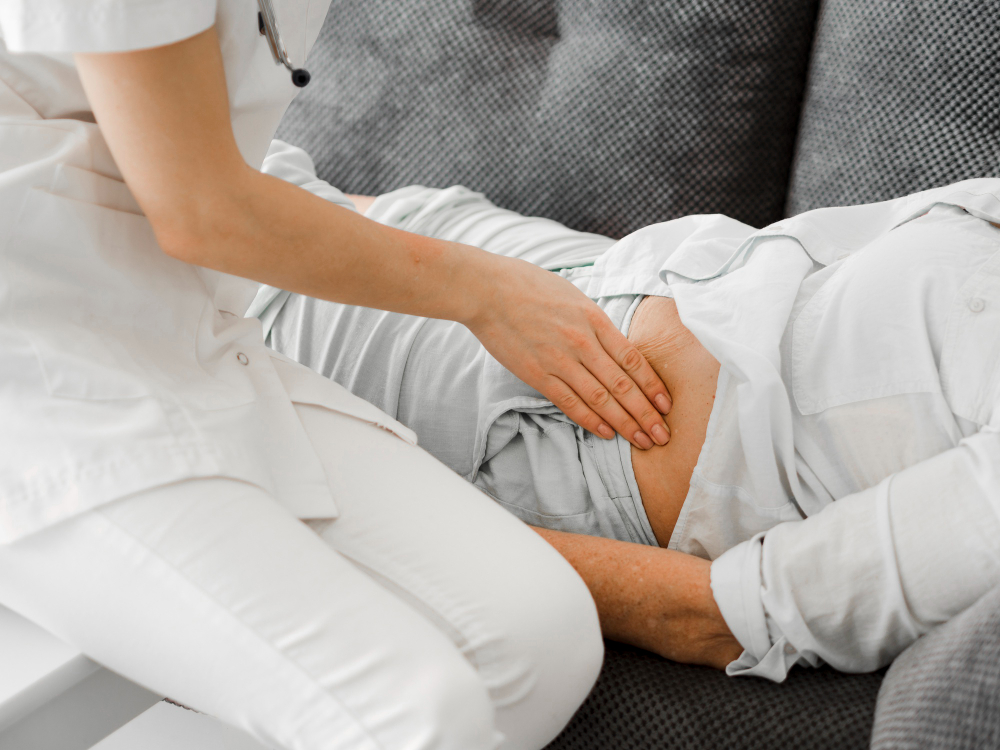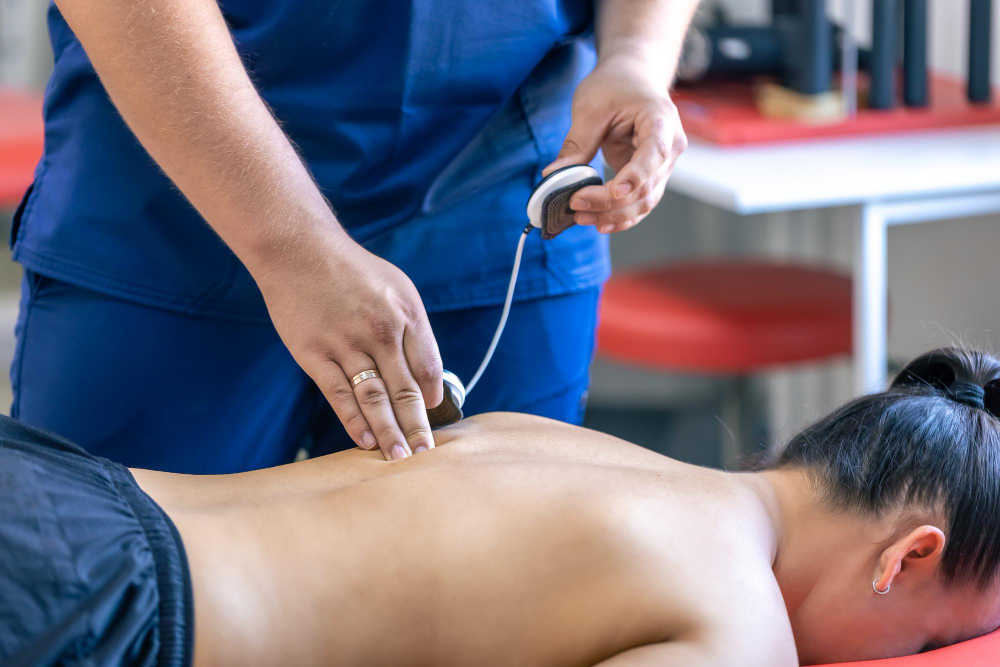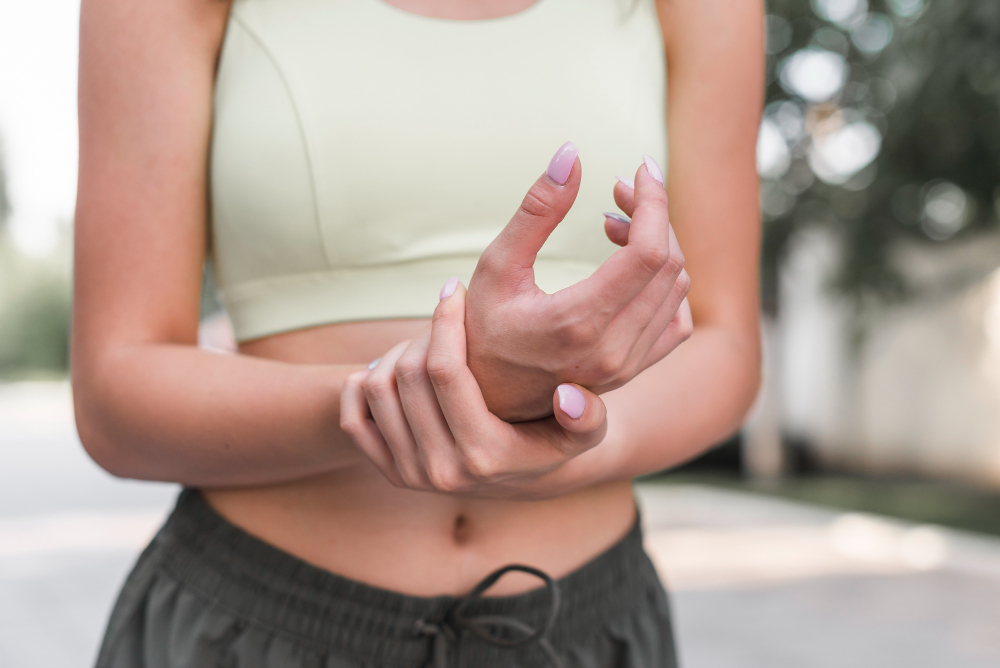Did you know that physical touch can actually reduce pain, depression and anxiety?
Whether it’s a hug from a friend or family member, the comfort of a weighted blanket, or a good massage, physical touch has been proven to be beneficial for both body and mind.
In this article, we’ll explore questions like ‘whats physical touch’, as well as the benefits for anxiety and depression, touch starved meaning, and how physical touch can fend off mental anxiety.
What is physical touch?
Let’s start with the basics: what is physical touch?
Physical touch encompasses multiple forms of contact, ranging from hugs and handshakes to the soothing pressure of a weighted blanket. It can help to reduce the effects of pain, depression, and anxiety, offering both physical and emotional benefits. Beyond just the sensation alone, physical touch has an effect on mental well-being, promoting feelings of comfort, security, and connection. In fact, The Guardian has even written about it recently: Touch can reduce pain, depression and anxiety, say researchers.
The human need for touch starts from birth, forming the basis of familial bonds and aiding in survival. As we mature, the significance of touch still contributes to social and emotional development. The release of oxytocin, often triggered by physical touch, plays a key role in emotional connections and overall well-being.
Now you understand what physical touch is, let’s explore some of the benefits for anxiety and depression.
Benefits for anxiety and depression
Physical touch presents benefits for both mental anxiety and depression, acting as a natural remedy to alleviate symptoms and improve mental well-being. Through the stimulation of oxytocin, serotonin, and dopamine—the neurotransmitters responsible for mood regulation—touch can reduce feelings of loneliness, mental anxiety, and depression, improving relaxation and a sense of connection.
Whether it’s a comforting hug from a loved one or the gentle pressure of a massage, these interactions provide emotional support and give you a greater sense of calm and stability. By regulating the body’s stress response and reducing cortisol levels, physical touch also contributes to overall relaxation, offering great relief to individuals struggling with chronic anxiety or depressive states.
Physical touch:
- Enhances feelings of security and safety
- Promotes better sleep quality
- Improves immune function
- Reduces blood pressure and heart rate
- Enhances overall sense of well-being and happiness
- Increases feelings of trust and connection in relationships
Touch starved meaning
Touch starvation, also known as touch deprivation or skin hunger, occurs when you experience a decrease or absence of physical contact, leading to a longing for interaction. This condition can develop as a result of various circumstances, including social distancing measures implemented during the COVID-19 pandemic, as well as situations such as children living in orphanages or elderly people in hospitals who lack sufficient positive tactile engagement.
Can touch starvation kill you?
Now you understand touch starved meaning, can touch starvation kill you? While touch starvation isn’t directly fatal, it can have a significant impact on mental and emotional health, which indirectly affects physical well-being. The absence of physical touch can lead to feelings of loneliness, depression, and mental anxiety, which are linked to various health risks such as heart disease and weakened immune function. While not immediately life-threatening, the prolonged effects of touch deprivation highlight the importance of human connection for overall health and well-being.
How to combat touch starvation
To help with touch starvation symptoms and reduce mental anxiety, there are a few things that can help even when you can’t directly be in contact with other people:
- Video chat: While not a substitute for physical touch, video calls allow for visual interaction with others, potentially lessening some symptoms of touch starvation.
- Online exercise: Participating in online yoga or workout classes offers social engagement in a virtual setting, creating a sense of camaraderie and reducing feelings of loneliness.
- Singing and dancing: Engaging in activities like singing and dancing can elevate oxytocin levels, providing a mood boost even without direct human contact.
- Interacting with pets: Playing with pets can cause feelings of relaxation and ease symptoms of touch starvation, as it is a form of interaction. Oxytocin levels have been shown to increase in dog owners when they engage in physical affection with their pets.
Reduce mental anxiety with massage and osteopathy
Both massage and osteopathy can help reduce the effects of mental anxiety and other aspects of poor well-being.
Sports massage (or deep tissue massage) provides many benefits for both athletes and individuals in their daily lives. It helps to alleviate pain, commonly stemming from muscle tension. The specialised massage techniques employed by the therapists at Carl Todd Clinics penetrate deeper into muscle tissue compared to standard relaxation massages, and so can help to speed up the healing of soft tissues.
Osteopathy can also help with stress and anxiety relief. As stress and anxiety can present themselves physically in the form of muscle tension, headaches, and digestive issues, osteopaths understand that addressing the physical aspects of these conditions can lead to reduction in mental anxiety symptoms.
Get help with Carl Todd Clinics
If you or a loved one are struggling with touch deprivation or its associated symptoms, consider reaching out to us at Carl Todd Clinics. Our specialist services offer a range of support tailored to your needs, which can help to improve overall quality of life. Contact us today to discuss our range of services including massage, osteopathy, and physiotherapy.





